Nature in the port
Nature in the port
It will go without saying that in view of the exceptional location on the Wadden Sea World Heritage Site, plenty of attention is paid to nature in the ports.
Groningen Seaports takes nature seriously and is involved in or has contributed to many projects. In Eemshaven, for example, a two-hectare ecological strip has been set up, various temporary nature reserves have been established, a special tower has been built for bats, and the Ruidhorn nature compensation area where countless bird species thrive has been built. The Ruidhorn nature reserve near Eemshaven is owned by Stichting Natuurcompensatie (Groningen Seaports, Vattenfall and RWE) and is managed by Natuurmonumenten. The fifty-hectare area in the Emma and Lauwer polder was created to compensate for the loss of nature in Eemshaven caused by the establishment of a number of large energy companies and is more than worth a visit.
A bird island has also been created close to Eemshaven, and fish spawning grounds have been set up in the Eemshaven-Southeast expansion area. Groningen Seaports also develops many other activities that focus on nature. The economy and ecology go hand in hand in the Groningen seaports. Groningen Seaports is also participating in the Eems-Dollard 2050 programme, which focuses on nature restoration in the Eems-Dollard. This includes projects such as clay formation, Marconi, the raising of agricultural land, etc. all of which make a positive contribution to nature. That goes a long way to explaining why Groningen Seaports was awarded the prestigious Ecoports certificate in 2020 for the seventh consecutive time.
Temporary nature
Temporary nature creates a win-win situation for nature and for flexibility when companies establish in the area.
The temporary nature exemption makes it possible for nature to take its course, and no compensatory measures will be prescribed when nature is removed in the future. The main beneficiaries of temporary nature are orchids, bats and birds from the Wadden Sea. Groningen Seaports has developed a code of conduct to protect the natural values at the port. This code of conduct clearly informs Groningen Seaports and its customers about how to treat natural values.
Groningen Seaports Code of Conduct under the Nature Conservation Act (only in Dutch)

